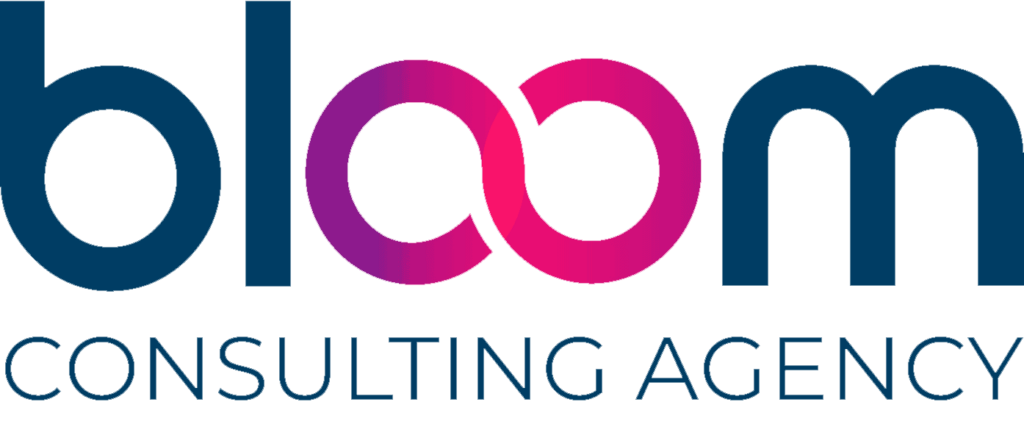Exploring common barriers to mental health treatment can help identify opportunities for your organization. The stigma attached to mental illness is a primary concern among untold numbers of potential clients. Fragmented care and overly complex data management are also drags on those seeking treatment. Education and understanding can lead to overcoming these barriers.
What Is Mental Health Treatment?
Mental health treatment centers resort to various evidence-based methods for treating mental illness. In addition, the diverse population of mental health needs presents possibilities for mental health treatment centers to specialize or offer a wide array of services. Unfortunately, a common barrier to mental health treatment centers is deciding the scope of treatment. Having diverse treatment options is a benefit.
Mental health treatment involves the medical treatment of patients with mental illnesses. The staff of a medical treatment center involves physicians, psychiatrists, and therapists. Treatment can include, in any combination, medication, traditional individual therapy, group therapy, family therapy, and holistic therapies. A common barrier to mental health treatment revolves around treating a diverse population of needs.
The Benefits of Mental Health Treatment
A common barrier to mental health treatment is the stigma surrounding mental illness. Yet, according to the National Alliance of Mental Illness, in 2020, there were 8.4 million Americans providing care for someone with a mental illness. In addition, 18% of those with mental illness also have a substance abuse disorder. Depression and anxiety cost the global economy one trillion dollars a year in lost productivity. Lastly, 37% of those incarcerated in state and federal prisons have a mental illness. The benefit of mental health treatment is finding care for these large numbers of people suffering.
Four Common Barriers to Mental Health Treatment
Four of the most common barriers to mental health treatment are unique challenges attached to the mental health treatment industry. First, these barriers affect the people mental health treatment centers need to help. Second, the staff of the organization is directly affected by specific obstacles. Third, the base organization can be directly involved, as well as the stakeholders. Finally, these barriers affect the business daily.
- Stigma Concerning Mental Health
- Financial Concerns for Patients and Center
- Fragmented Mental Health Care
- Data Errors and Mismanagement of Data
Stigma, a Common Barrier in Mental Health Treatment
The Oxford Dictionary defines stigma as “A mark of disgrace associated with a particular circumstance, quality, or person.” Public service announcements are on display to address this common barrier to mental health treatment. Embarrassment plays a significant role in not getting professional help.
Stigma, the common barrier to mental health treatment, will not go away overnight. Education is the primary weapon to break this barrier. Sharing the experiences and testimonies of those diagnosed with mental illness and who received treatment is a bold personal step. Acceptance and connection are the goals, and the treatment center can propel awareness through targeted marketing campaigns.
Financial Concerns
In 2019, 29% of Americans did not have health insurance. The high cost of insurance, lack of a full-time or stable job, and some jobs that do not provide health insurance are all factors in this problem. This common barrier to mental health treatment also provides for inadequate mental health coverage. Copayments and deductibles are problematic for fitting into a budget.
Unfortunately, the health insurance industry is a common barrier to mental health treatment for the treatment center. Mental health payments from the insurance company are on a different level than medical payments. The number of visits is limited, and medications can be costly and uncovered. Coding, diagnosis codes, and billing are more extensive for mental health and substance abuse than medical claims.
How to Overcome Financial Concerns
The center can address financial concerns, a common barrier to mental health treatment, by implementing unique, sliding-scale payment plans. It often behooves the center to employ Medicaid-trained personnel to help low-income patients apply for Medicaid. Fee schedule negotiations with insurance companies can benefit the center. Finally, maintaining an in-house billing staff knowledgeable in modifiers, insurance requirements, and the revenue cycle is enormously beneficial.
Fragmented Healthcare
The lack of collaboration in mental health treatment can cause distress for the patient and the center. A common barrier to mental health treatment is treating all aspects of the patient’s mental illness. The availability of services needs to be determined. It is challenging to align staff trained for all aspects of mental health treatment. If a good team is not in place to treat the public, it could lessen the center’s success rates.
Hiring and training mental health services staff in various services will overcome the barrier of fragmented care. Implementing flow charts to determine the treatment and costs of disorders can ensure all aspects of treatment are under consideration. Collaboration with other providers or centers can overcome this common barrier to mental health treatment. A credentialing person on the payroll can keep payments coming in without interruptions.
Data Errors
Electronic health records can organize valuable data if set up correctly. Managing data properly and having a management person review reports to find errors, trends, and beneficial billing information is vital. Without the knowledge of utilizing the EHR, a common barrier to mental health treatment will cost the business time and money. Loss of important data can lead to quality in care.
How to Overcome Data Errors and Mismanagement of EHR
Hiring an educated office manager with experience in billing, EHR, and business operations is essential. Not only are these in-house data management operations beneficial, but experience with the clearinghouse, credentialing process and coding is helpful. A common barrier to mental health treatment can be when revenue is continually unaccounted for because of data mismanagement. Using data to the best advantage provides checks and balances for departments.
Overcome Barriers to Mental Health Treatment in South FL
Bloom Consulting in South Florida can address your unique concerns in overcoming barriers to mental health treatment. Our professional staff has experience in reviewing healthcare businesses to find answers to their revenue and customer satisfaction problems. Reach out by calling the site’s number or sending us an email. Let Bloom Consulting run a performance audit to make the changes you need.









